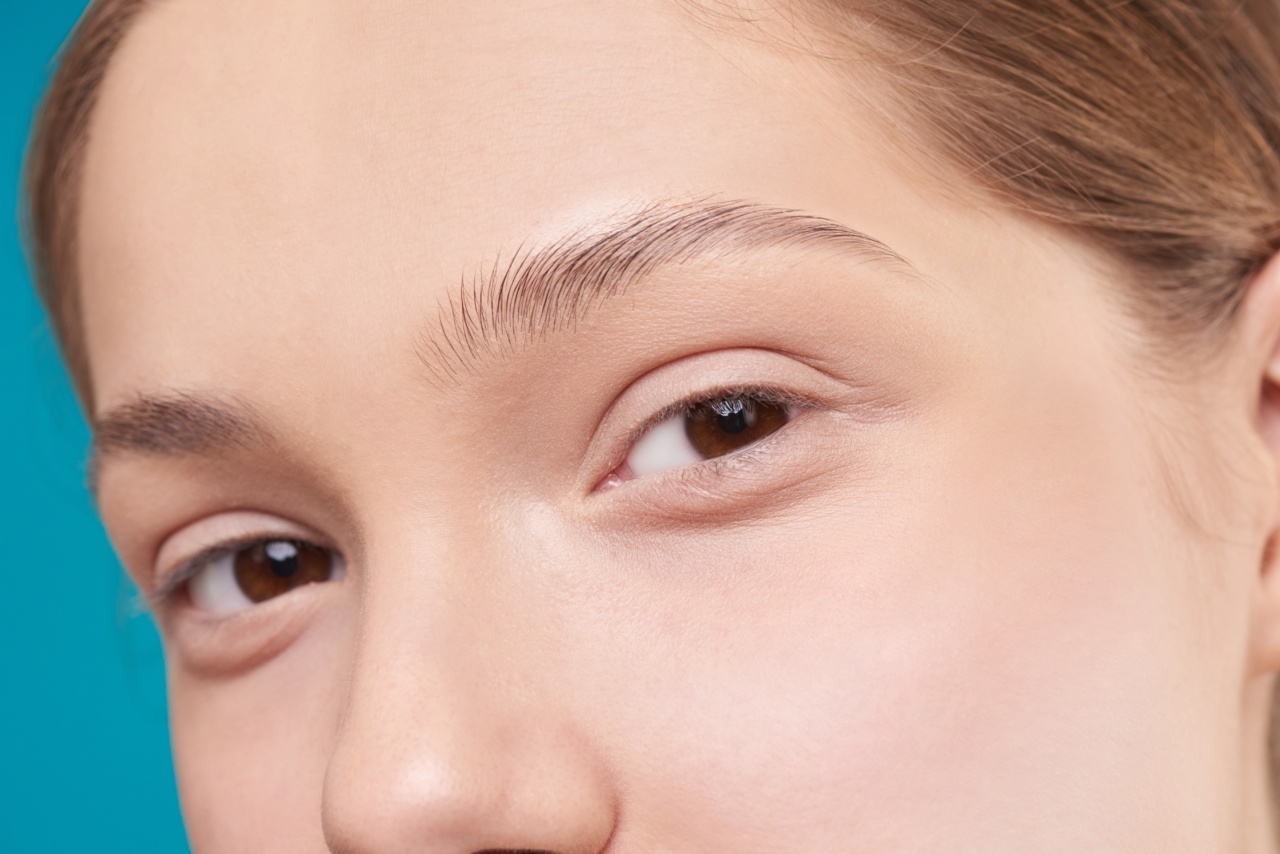Oily skin can be a challenging issue to deal with. Excessive oil production can lead to clogged pores, acne breakouts, and an overall greasy appearance. Choosing the right face wash is crucial in managing oily skin.
However, not all face washes are suitable for oily skin types as some can strip away too much oil or cause further skin issues. In this article, we will explore the face washes that individuals with oily skin should steer clear of.
1. Alcohol-based face washes
Alcohol-based face washes may provide a temporary mattifying effect, but they can be harsh and drying for oily skin. These products strip away the natural oils from the skin, causing it to produce even more oil to compensate for the loss.
This can result in an overproduction of sebum and exacerbate the oily skin problem.
2. Fragrance-heavy face washes
Fragrance can be very appealing, but it can also irritate and sensitize the skin, particularly for those with oily skin. Face washes with a strong fragrance often contain additional ingredients that can clog pores or cause allergic reactions.
Opt for fragrance-free or lightly scented face washes to avoid any potential complications.
3. Oil-based face washes
While it may seem counterintuitive, using oil-based face washes can actually make oily skin worse. These products do not effectively remove excess oil and can leave a greasy residue on the skin.
Instead, choose water-based or gel cleansers that are specifically formulated for oily skin to achieve a balanced and clean complexion.
4. Harsh exfoliating face washes
Exfoliation is important for removing dead skin cells and unclogging pores, but using harsh exfoliating face washes can be detrimental to oily skin.
Abrasive particles or chemicals in these products can lead to irritation, inflammation, and increased sebum production. Look for gentle exfoliators with ingredients like salicylic acid or glycolic acid to keep the skin clean without causing overstimulation.
5. Soap-based face washes
Traditional bar soaps may leave the skin feeling squeaky clean, but they are generally not recommended for oily skin.
Soap-based face washes tend to be alkaline and can disrupt the skin’s natural pH balance, leading to dryness and an overproduction of oil. Opt for non-soap cleansers that are designed specifically for facial use and maintain the skin’s natural balance.
6. Heavy cream cleansers
Cream cleansers are typically too heavy and rich for oily skin types. These cleansers can leave a residue on the skin, clog pores, and weigh down the complexion.
Instead, choose light, water-based cleansers with gel or foam textures to effectively remove excess oil and impurities without leaving a heavy feeling behind.
7. Face washes with comedogenic ingredients
Comedogenic ingredients are substances that have a high likelihood of clogging pores and causing acne breakouts.
Oily skin is already susceptible to clogged pores, so it’s important to avoid face washes that contain comedogenic ingredients such as coconut oil, cocoa butter, or lanolin. Look for non-comedogenic or oil-free face washes to help keep your pores clear and your skin blemish-free.
8. High pH face washes
The pH level of a face wash is crucial for maintaining the skin’s natural balance. Oily skin tends to have a slightly acidic pH, so using a face wash with a high alkaline pH can disrupt this balance.
Opt for face washes with a pH level of around 5.5 to ensure that your skin stays in its optimal state.
9. Face washes with sulfates
Sulfates are commonly found in many cleansing products due to their foaming properties. However, they can be too harsh for oily skin and strip away the natural oils excessively. This can lead to an overproduction of oil, resulting in greasy skin.
Look for sulfate-free face washes to maintain a healthier balance of oil on your skin.
10. Inconsistent face washes
Lastly, inconsistency in using face washes can create more problems for oily skin. Cleansing your face regularly is essential to get rid of excess oil, dirt, and impurities.
Skipping face washes or not cleaning your face thoroughly can allow oil and grime to accumulate, leading to clogged pores and breakouts. Develop a daily skincare routine that includes gentle face washes suitable for oily skin and follow it diligently for optimal results.






























